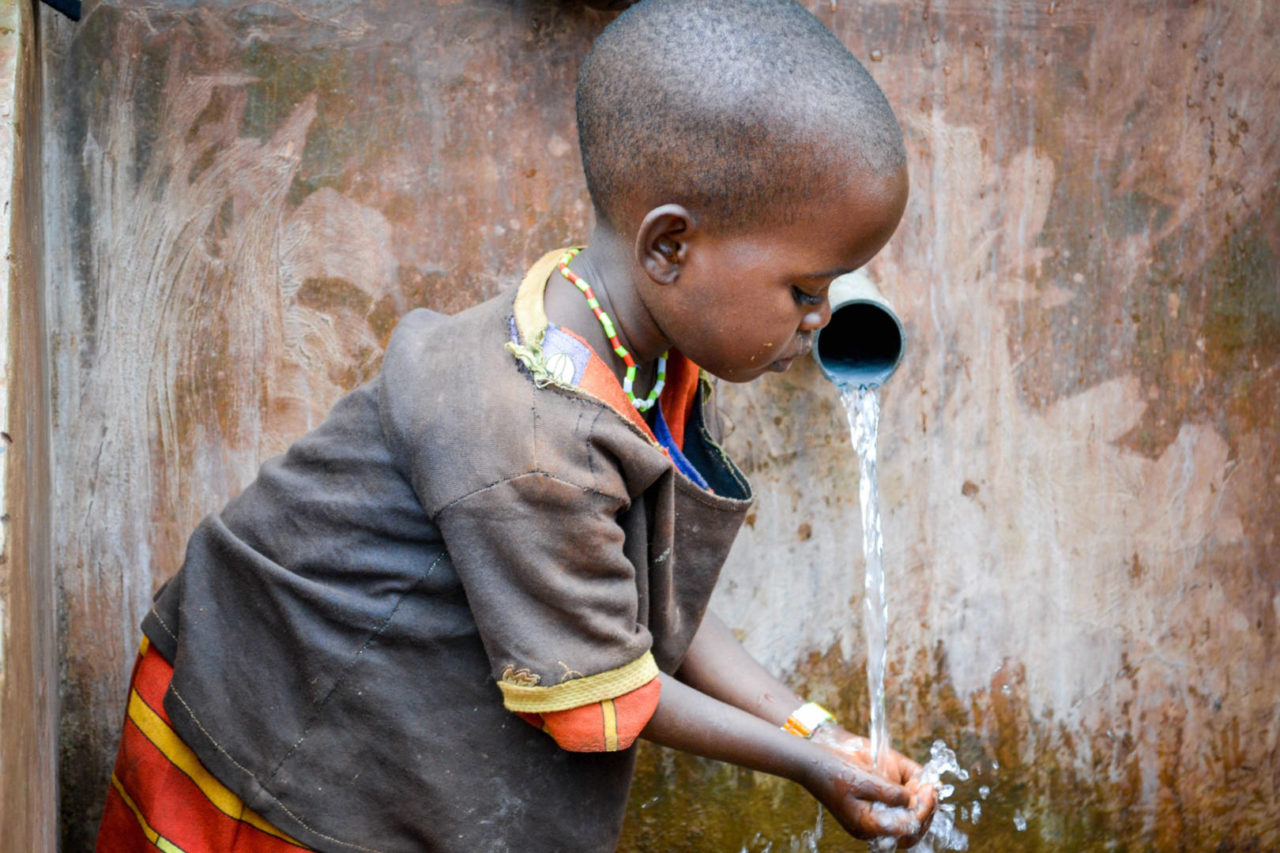
WASHINGTON (April 7, 2015) — Faith leaders have a responsibility to step up their efforts to end extreme poverty, said World Vision today as the organization’s international president, Kevin Jenkins, pledged commitment to an interfaith movement.
“As a Christian organization, World Vision welcomes the opportunity to join the broader faith community in championing the cause of the world’s most vulnerable people, especially children, as we strive to eliminate extreme poverty in this generation.”
The pledge, Ending Extreme Poverty: A Moral and Spiritual Imperative, is the result of a process led by the World Bank and will be announced at its spring meetings this week. It outlines a common understanding that all faith leaders can agree to, and specifically recognizes the role and responsibility of faith communities in ending poverty.
“The world’s leading economic powerhouse is recognizing that Christian, Muslim, Jewish and other faith leaders and communities around the world have in ending extreme poverty,” says Charles Badenoch, World Vision’s partnership leader for advocacy and justice for children, in Washington for the World Bank meetings.
“This is a momentous occasion. As we stand on the verge of this historic time for ending poverty, when the role of faith communities across the world is under great scrutiny, the Bank’s leadership on this is especially welcome.”
Evidence provided by the World Bank Group and others shows that ending extreme poverty within 15 years is possible.
“To do so will take two commitments,” the statement says. “A commitment to action guided by the best evidence of what works and what doesn’t; and a commitment to using our voices to inspire and challenge others to join us in this urgent cause based on our deepest spiritual values.”
“We share the belief that the moral test of our society is how the weakest and most vulnerable are faring. Our sacred texts also call us to combat injustice and uplift the poorest in our midst. No one regardless of sex, age, race, or belief is excluded from this call.
“Ending extreme poverty will require a comprehensive approach that tackles underlying causes — including preventable illness, a lack of access to quality education, joblessness, corruption, violent conflicts, and discrimination against women, ethnic minorities and other groups. It will also call for a change in the habits that cause poverty — greed and waste, numbness to the pain of others, exploitation of people and of the natural world.
“We commit to working together to end the scandal of extreme poverty.”
– END –
About World Vision:
World Vision is a Christian humanitarian organization conducting relief, development, and advocacy activities in its work with children, families, and their communities in nearly 100 countries to help them reach their full potential by tackling the causes of poverty and injustice. World Vision serves all people regardless of religion, race, ethnicity, or gender. For more information, please visit www.WorldVision.org/media-center/ or on Twitter @WorldVisionUSA.
Highlights
- Evidence shows that ending extreme poverty within 15 years is possible.
- Ending extreme poverty will require a comprehensive approach that tackles underlying causes.
- As a Christian organization, World Vision welcomes the opportunity to join the broader faith community in championing the cause of the world’s most vulnerable people.